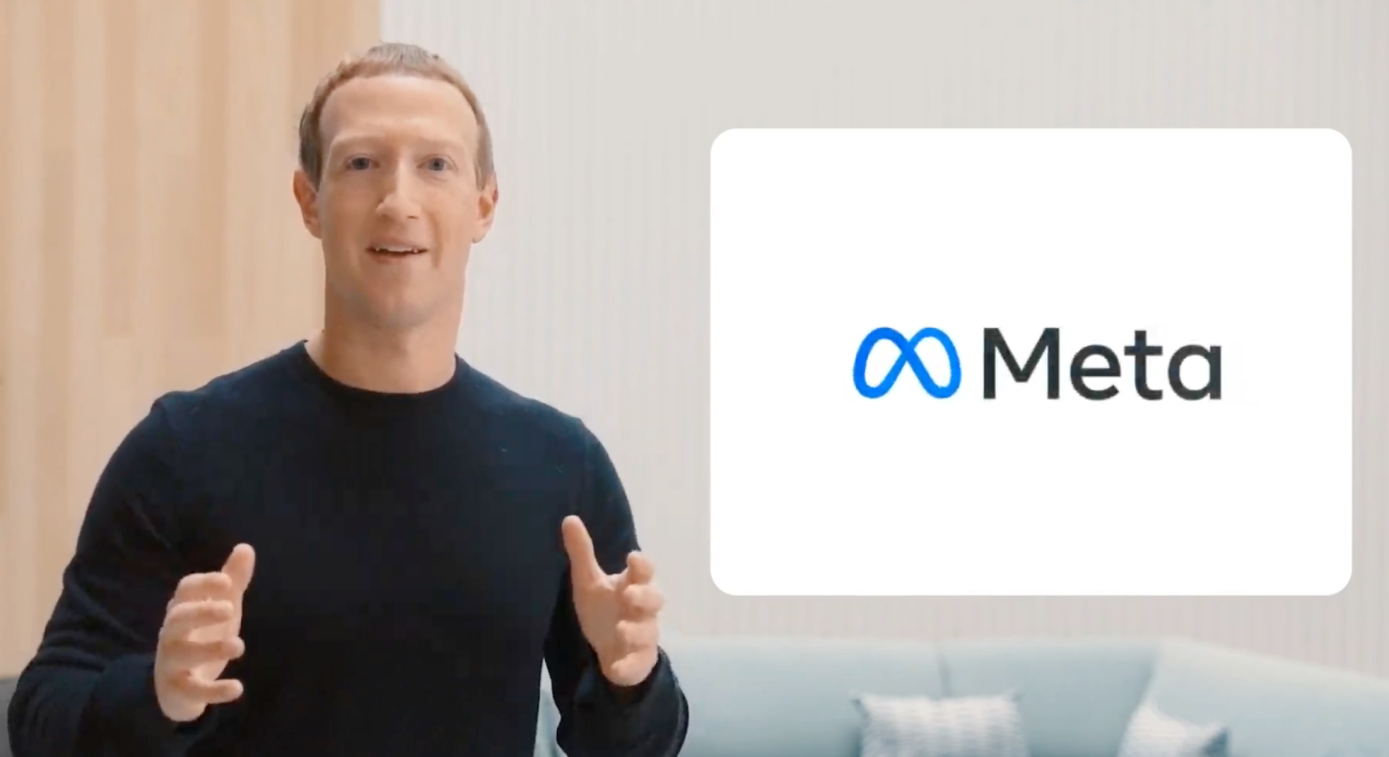Facebook Inc, the company behind Facebook, Instagram, WhatsApp and the Ocolus has changed its corporate identity to Meta as it begins its next chapter as a metaverse company, a hybrid of online social experiences expanded into three dimensions or projected into the physical world.
Three dimensional projections
Mark Zuckerberg in a statement said after 17 years, and an evolution of Facebook from text to photo, video and audios there was need for an immersive platform, bringing its users more experiences in more formats.
“When I started Facebook, we mostly typed text on websites. When we got phones with cameras, the internet became more visual and mobile. As connections got faster, video became a richer way to share experiences. We’ve gone from desktop to web to mobile; from text to photos to video. But this isn’t the end of the line.
The metaverse will be a feeling of presence of the other person, event or thing
The next platform will be even more immersive — an embodied internet where you’re in the experience, not just looking at it. We call this the metaverse, and it will touch every product we build,” Mark said.
According to him, the metaverse will be a feeling of presence of the other person, event or thing you are interacting with on its platform and it will be easier for its users to get together with friends and family, work, learn, play, shop, create — as well as completely new experiences that don’t really fit how people think about computers or phones today.
Zuckerberg says in the new phase of its company, users will be able to teleport instantly as a hologram to be at the office without a commute, at a concert with friends, or in your parents’ living room to catch up. This will open up more opportunity no matter where you live. You’ll be able to spend more time on what matters to you, cut down time in traffic, and reduce your carbon footprint.
Teleport instantly as a hologram
Meta wants to bring the hologram at the center of living taking on our TVs, work monitors, board games and more — instead of physical things assembled in factories. Meta will enable its users to move across these experiences on different devices — augmented reality glasses to stay present in the physical world, virtual reality to be fully immersed, and phones and computers to jump in from existing platforms.
Of course for Meta, this is about spending more time on screens and making more money for the company. This is also a radical move away from traditional app stores and operating systems that run the actual world to a metaverse Facebook wants to bring to us all.
Kill the the app store ecosystem
Facebook faced challenges with app stores with rules limiting them from making money as its apps needed the app store ecosystem to thrive. Mark says, “as big of a company as we are, we’ve also learned what it’s like to build on other platforms. Living under their rules has profoundly shaped my views on the tech industry. I’ve come to believe that the lack of choice for consumers and high fees for developers are stifling innovation and holding back the internet economy.
Meta is an answer to Apple’s app store and Google’s Google Play but Facebook has taken a different approach by making the new ecosystem powered by ads with free mobile apps to reach billions of people and hundreds of millions of businesses.
However, like app stores and operating systems, the metaverse will be built by creators and developers around the world making new experiences and digital items that are interoperable and unlock a massively larger creative economy than the one constrained by today’s platforms and their policies.
Meta’s work as a company is to accelerate the development of the fundamental technologies, social platforms and creative tools to bring the metaverse to life, and to weave these technologies through our social media apps.
“We believe the metaverse can enable better social experiences than anything that exists today, and we will dedicate our energy to helping achieve its potential. That’s the approach we want to bring to helping to build the metaverse. We plan to sell our devices at cost or subsidized to make them available to more people. We’ll continue supporting side-loading and streaming from PCs so people have choice, rather than forcing them to use the Quest Store to find apps or reach customers. And we’ll aim to offer developer and creator services with low fees in as many cases as possible so we can maximize the overall creative economy. We’ll need to make sure we don’t lose too much money along the way though.”
Facebook also announced new tools to help people build for the metaverse, including Presence Platform, which will enable new mixed reality experiences on Quest 2, and a $150-million investment in immersive learning to train the next generation of creators.
A billion users within the next decade and more revenues
Mark expects Meta to reach a billion users within the next decade, host hundreds of billions of dollars of digital commerce, and support jobs for millions of creators and developers.
“To reflect who we are and the future we hope to build, I’m proud to share that our company is now Meta. Our mission remains the same — it’s still about bringing people together. Our apps and their brands aren’t changing either. We’re still the company that designs technology around people,” Zuckerberg added.
“But all of our products, including our apps, now share a new vision: to help bring the metaverse to life. And now we have a name that reflects the breadth of what we do.”
Facebook is not the first company to rebrand, search engine giant Google rebrabded to Alphabet but everyone still calls its products Google despite the efforts by the firm to separate the search arm from its other products and this might be the same for Facebook/ Meta.


